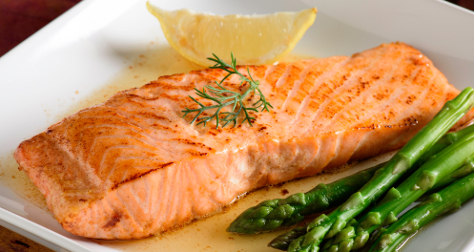The importance of iron in your pregnancy
Low in iron can make you feel very tired and can cause problems later on, so it’s worth checking your levels

Pregnancy brings with it an element of tiredness, after all you are growing a little human inside you. Your iron levels will be checked routinely in pregnancy at booking/early in pregnancy and once later in pregnancy but if you are feeling really tired, it’s worth getting your iron levels checked if this symptom occurs at any stage.
It’s easy to run low on iron when you’re pregnant - simply because you need more than usual for the baby. But you need to keep those levels topped up to avoid anaemia – it can make you feel exhausted and cause complications before and after the birth.
Tell tale signs
You might feel even more tired than usual and look a bit pale. You may also feel a bit short of breath and notice some heart palpitations. And a quick blood test with your midwife or GP will quickly tell you if you’re running low.
Boost those iron levels
You may be able to boost your iron levels with a good iron-rich diet, so try tucking into some of these:
- Dark-green leafy vegetables, like watercress and curly kale
- Iron-fortified cereals or bread
- Brown rice
- Pulses and beans
- Nuts and seeds
- Meat, fish and tofu
- Eggs
- Dried fruit, such as dried apricots, prunes and raisins.
There are some foods that help your body absorb iron. Some fruits and vegetables containing vitamin C can help the body absorb iron such as; kiwi fruit, oranges, potatoes, cauliflower and broccoli. Try to avoid drinking tea and coffee, especially with a meal as this can stop iron being absorbed into your body.
If the iron level in your blood has dropped significantly, your GP or midwife will advise you to take iron supplements.